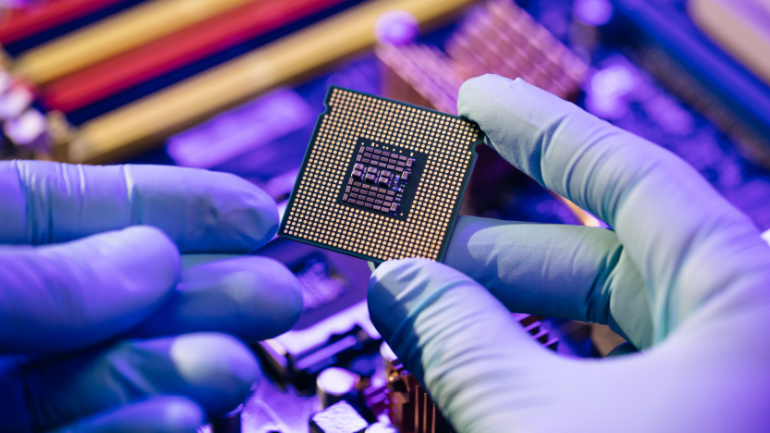AMD’s acquisition of Silo AI for $665 million boosts its AI capabilities and positions the semiconductor giant to better compete with industry leaders like Nvidia. By integrating Europe’s largest private AI lab, AMD aims to deliver cutting-edge AI solutions, enhancing enterprise offerings and leveraging robust VoIP models for improved communication systems.
DIDWW, a global telecoms operator offering premium quality VoIP communications and SIP trunking services, has announced its partnership with Teltonika, an innovative technology company specializing in GPS fleet management, wireless and networking solutions, M2M, and IoT. This initiative will equip Teltonika with a highly flexible and scalable VoIP communications solution, thereby enhancing its communication capabilities worldwide.
The US government has taken a significant step by revoking specific licenses that allow American chip manufacturers to export goods to Huawei, the Chinese tech giant. This action will notably reduce the sales of major chip producers like Intel and Qualcomm to China.
Apple is venturing into the realm of artificial intelligence (AI) processing chips for data centers, as reported by the Wall Street Journal. This move positions Apple in direct competition with industry peers like Google and Amazon, which have already heavily invested in AI chip technology.
The UK Government’s newly established Critical Imports Council aims to lessen the disturbance of essential goods flow from unpredictable global supply chain disruptions. Business and Trade Minister, Alan Mak, highlights strengthening critical goods supply against real-world crises through collaborative efforts with industry experts. With representation from diverse sectors including telecommunications, the council will focus on assessing risks and creating robust mitigation strategies.
Huawei is nearing completion of a large R&D complex in Shanghai focused on semiconductor technology. Fujitsu, NEC, NTT, and DoCoMo have unveiled a groundbreaking ‘top-level sub-terahertz 6G device’ achieving 100 Gbps speeds over 100-meter distances in the 100 GHz and 300 GHz bands. MASV’s Solutions Partner Program simplifies large file transfers using their cloud-based platform. LEAP is expanding global customer outreach with Vonage’s Communications APIs and SIP Trunking for scalable cloud connectivity.
With a hefty $6.6 billion subsidy by the U.S. government, Taiwan Semiconductor Manufacturing Co (TSMC) embarks on an unprecedented development in semiconductor industry. This boost is not only expected to foster job creation with an estimate of up to 6,000 high-tech positions but also promises to democratize access to advanced technologies.
In the ongoing geopolitical saga between the US and China, the global supply chain and the semiconductor industry are at the forefront. Both nations’ governmental bodies are ramping up subsidies to stimulate growth in domestic manufacturing and insulate against sanctions.
A research team led by Professor Wang Cheng from the Department of Electrical Engineering (EE) at City University of Hong Kong (CityUHK) has developed a world-leading microwave photonic chip that is capable of performing ultrafast analog electronic signal processing and computation using optics.
DTST successfully merges Flagship Solutions Group and CloudFirst. Senior Technology Analyst Anisha Bhatia underscores the game-changing impact of Samsung’s Galaxy S24 series. NTT DoCoMo utilizes AI to generate diverse NPCs in metaverses, extends genAI initiatives to predict and visualize changes in the human brain. South Korean President Yoon Suk-yeol unveils a $471 billion initiative by 2047 to establish the world’s largest semiconductor cluster.













